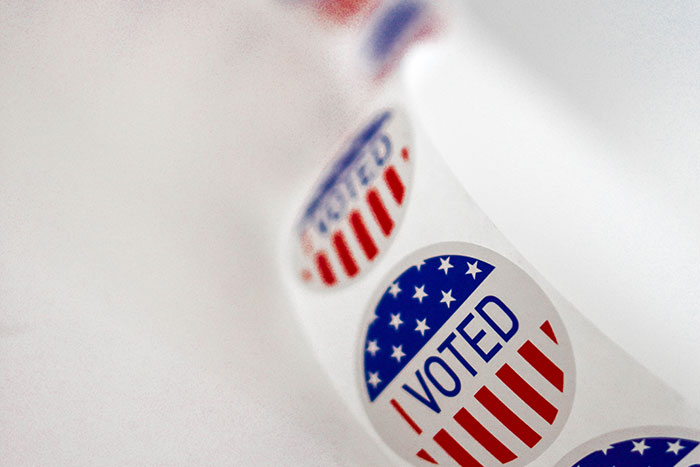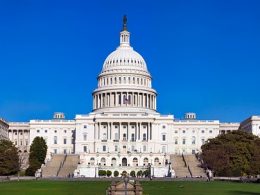The Attorney General of the United States, William P. Barr, said he had authorized investigations into substantial allegations of voting irregularities, despite scanty evidence to back such claims. Barr told federal prosecutors that they were allowed to investigate specific allegations before the outcome of the election is certified by the electoral board.
Following Barr’s authorization, Richard Pilger, a Justice Department official who oversees investigations into voter fraud, stepped down from his position, as confirmed by an email that Pilger sent to his colleagues, which was sighted by media outlets. Pilger has since moved into a non-supervisory role in the Department, working on corruption prosecutions.
In a memo that he sent to prosecutors, Barr said they were authorized to investigate only allegations that had merits and that fanciful or unfounded claims should not be considered.
By his actions, Barr would be violating a longstanding tradition of the Justice Department, which seeks to stay neutral and avoid influencing the outcome of any election. Weeks before the election, the Justice Department had also lifted a ban on voter investigations before an election.
“Given that voting in our current election has now concluded, I authorize you to pursue substantial allegations of voting and vote tabulation irregularities prior to the certification of elections in your jurisdictions,” Barr’s memo read.
According to a Justice Department official, prosecutors were authorized to investigate an allegation of ineligible voters in Nevada and backdated mail-in ballots in Pennsylvania. These are among claims that form the basis of lawsuits by the Trump campaign.
The White House and Republican congressman said they did not instigate the attorney general to pen down the memo.
Officials at the Justice Department said that the attorney general held the view that all election disputes should be settled in court. They also noted that Mr. Barr did not think that cases of massive fraud did exist, and if they do, it would be individual instances and not large-scale as alleged.
Barr’s recent memo did not come without a barrage of criticisms from critics who think the White House might have undermined the independence of the Justice Department.
Stephen I. Vladeck, a professor at the University of Texas School of Law, said that eyebrows would be raised if Barr, against the tradition and policy of the Justice Department, did authorize investigations into significant and substantiated claims of voting irregularities. But allowing such investigations when there is no evidence to prove such claims was a reckless act by an attorney general.
According to a DOJ official, the Justice Department’s longstanding tradition of staying clear of election matters is designed to preserve the integrity of the process and not influence voters who could be swayed by an overt investigation. Election litigation in state court could also be impacted.
However, the Department allows a covert investigation; for instance, when a prosecutor goes undercover. This step would involve the permission of a career prosecutor in the department’s Criminal Division. By his memo, Barr had effectively erased that safeguard, which was placed to prevent against interference by the party in power.
While the memo will do little to affect the outcome of the election, voters’ confidence in the electoral process will be weakened.
States have a deadline of December 8 to resolve election disputes, including recounts and lawsuits over the results. The Electoral College will meet on December 14 to finalize the outcome.
Source: foxnews.com









